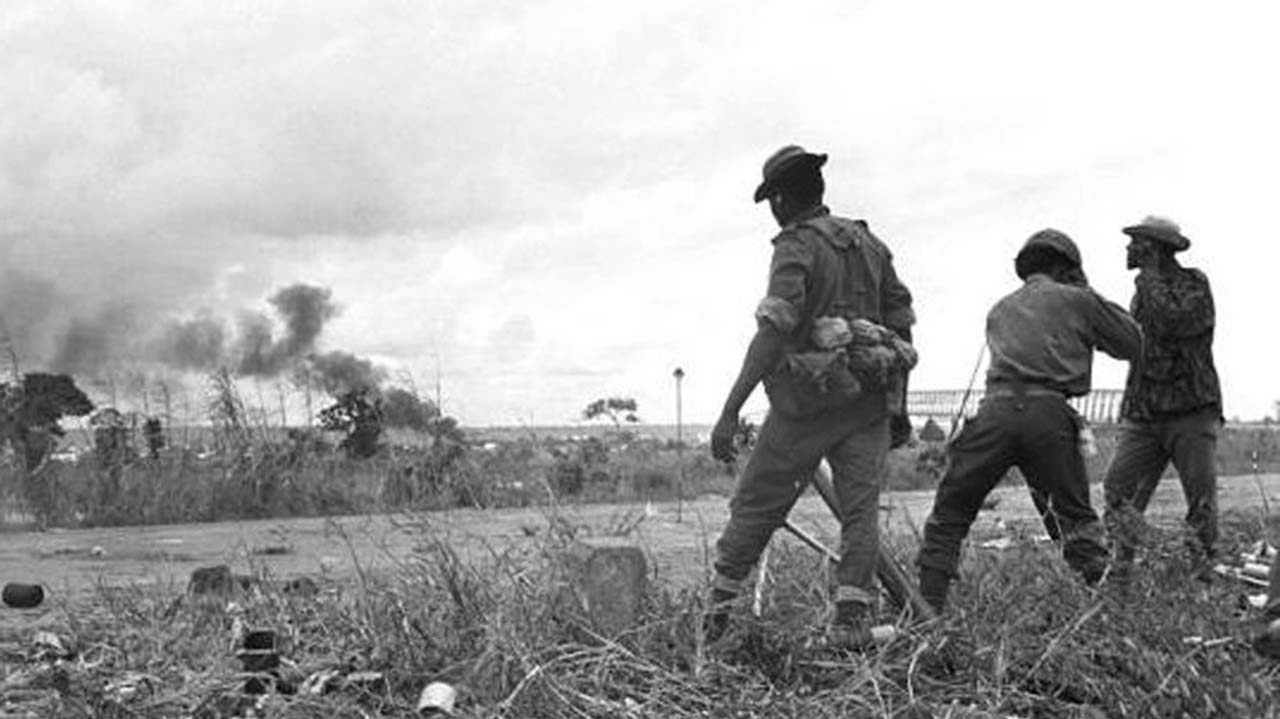Nigeria Immigration Service (NIS) recently launched a sweeping crackdown on foreigners who have overstayed their visas, ending a five-month amnesty period.
The move is set to transform the way expatriates live and work in Africa’s most populous nation.
Why now?
The Nigeria Immigration Service (NIS) announced the amnesty in July, offering visa holders until 30 September to regularise their stay without penalties.
Officials said the grace period was a “one-time opportunity” to strengthen compliance and reduce irregular migration.
The crackdown is a wider government priority under President Bola Tinubu, who has pledged tougher border security and a more formalised expatriate workforce.
Overstays, estimated at 200,000 to 300,000, are seen as draining revenue and fuelling an underground economy.
Who is affected?
The new rules apply mainly to non-ECOWAS nationals, since citizens of West Africa’s 15-member bloc enjoy visa-free entry for 90 days. Key groups include:
1, list item Skilled expatriates, especially from India, China and Lebanon, employed in oil, construction and manufacturing.
2, list item Informal workers from neighbouring countries, many of whom work in markets or domestic service.
3, list item Tourists and short-term visitors who extended stays beyond official limits.
What are the penalties?
Enforcement began at dawn on 1 October, with NIS teams conducting spot checks at airports, hotels, offices and construction sites in major cities. Sanctions vary:
1. List item: Less than three months: $15 daily fine, deportation, or a two-year entry ban.
2, list item: Three months to one year: Deportation or up to a five-year ban.
3, list item Over one year: Deportation with 10-year or permanent bans.
4, list item Foreigners regularising late face additional costs, with CERPAC residence permits ranging from 250,000 to ₦1 million depending on duration.
Why it matters
Authorities say the policy could raise as much as ₦100 billion from fines and renewals, improve security and enhance investor confidence.
“Fines must be paid in US dollars, convertible at the official rate, and appeals are possible through the NIS zonal commands. Non-compliance detected during routine checks (e.g., at hotels or banks) triggers immediate detention pending resolution,” NIS said.
The US Embassy in Abuja also issued an advisory on 7 Jul,y warning American citizens of these changes, effective from 1 August, underscoring the policy’s international ripple effects
For now, the NIS insists enforcement will be “firm but fair.” Its message to foreigners is unambiguous: staying in Nigeria without valid papers will no longer be overlooked.






